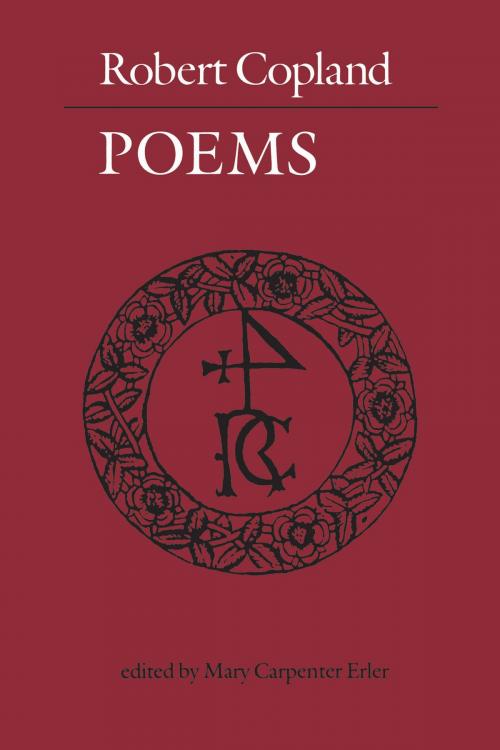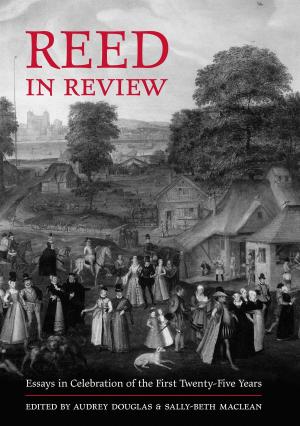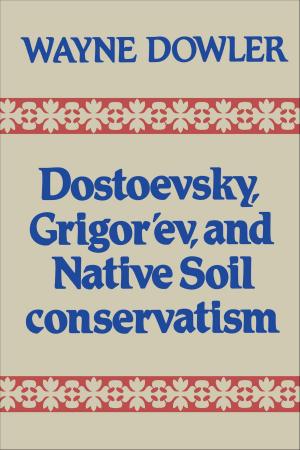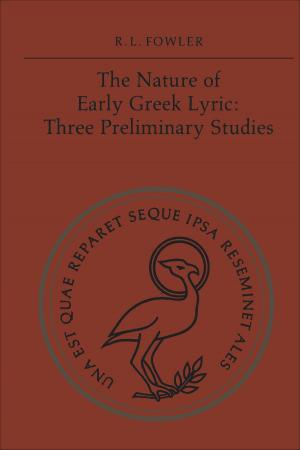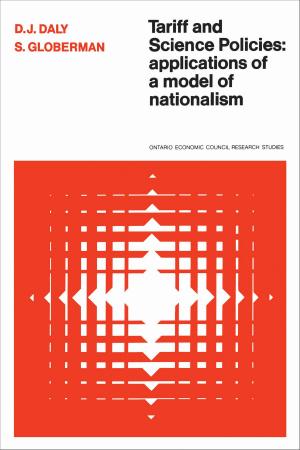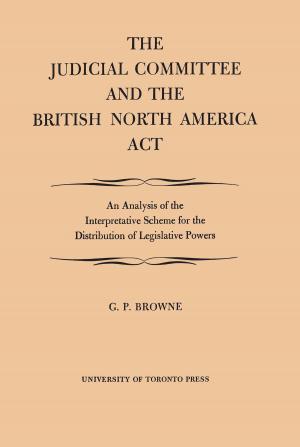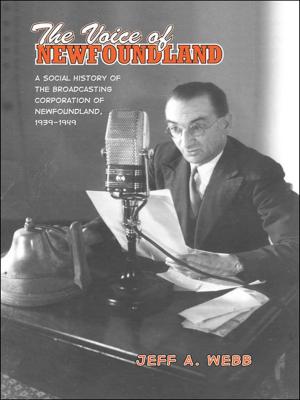Robert Copland
Poems
Fiction & Literature, Literary Theory & Criticism, Poetry History & Criticism, Poetry, British & Irish, Nonfiction, Entertainment, Drama, Anthologies| Author: | Robert Copland | ISBN: | 9781487589592 |
| Publisher: | University of Toronto Press, Scholarly Publishing Division | Publication: | October 14, 1993 |
| Imprint: | Language: | English |
| Author: | Robert Copland |
| ISBN: | 9781487589592 |
| Publisher: | University of Toronto Press, Scholarly Publishing Division |
| Publication: | October 14, 1993 |
| Imprint: | |
| Language: | English |
Robert Copland (fl. 1505-1546) had a long career as a poet, translator, and printer, and his achievements were substantial. As a printer, he worked for and with Wynkyn de Worde, and his editions look back to the work of Caxton, de Worde's master, and forward, through the work of his successor William Copland, to the Elizabethan period. As a translator, he worked at a time when foreign languages were becoming increasingly necessary to the average Englishman. John Berdan calls Copland one of the main channels of French influence in England during this period.
This book makes available the lively poetry of a pre-Renaissance world. In includes lyl of Braintfords Testament, a bequest of farts poem indebted to Chaucer's Summoner's Tale; The Seuen Sorowes That Women Haue When Theyr Husbandes Be Deade, in which conventional misogynist satire moves into psychological complexity; and Copland's most important work, The Hye Way to the Spyttell Hous, an account of vagabond life outside the law in which thieves' cant first sees print. All Copland's work displays a singularly personal quality: as H.R. Plomer says, 'The voice of Robert Copland imparts life to the faint outline that we have of him.'
Additional information is contained in the biographical material and notes and glossary. This is a valuable contribution to social history and will be of special interest to those concerned with the early history of English printing.
Robert Copland (fl. 1505-1546) had a long career as a poet, translator, and printer, and his achievements were substantial. As a printer, he worked for and with Wynkyn de Worde, and his editions look back to the work of Caxton, de Worde's master, and forward, through the work of his successor William Copland, to the Elizabethan period. As a translator, he worked at a time when foreign languages were becoming increasingly necessary to the average Englishman. John Berdan calls Copland one of the main channels of French influence in England during this period.
This book makes available the lively poetry of a pre-Renaissance world. In includes lyl of Braintfords Testament, a bequest of farts poem indebted to Chaucer's Summoner's Tale; The Seuen Sorowes That Women Haue When Theyr Husbandes Be Deade, in which conventional misogynist satire moves into psychological complexity; and Copland's most important work, The Hye Way to the Spyttell Hous, an account of vagabond life outside the law in which thieves' cant first sees print. All Copland's work displays a singularly personal quality: as H.R. Plomer says, 'The voice of Robert Copland imparts life to the faint outline that we have of him.'
Additional information is contained in the biographical material and notes and glossary. This is a valuable contribution to social history and will be of special interest to those concerned with the early history of English printing.
